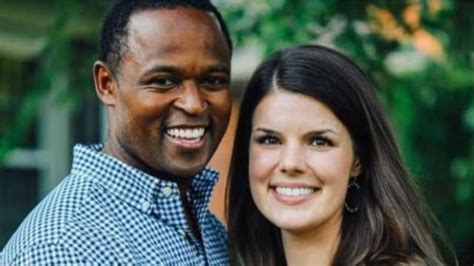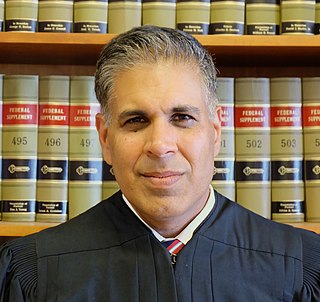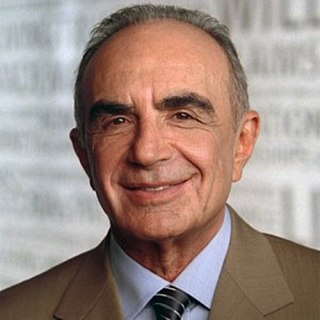A Quote by H. L. Mencken
The verdict of a jury is the a priori opinion of that juror who smokes the worst cigars.
Related Quotes
As I've stated prior, I have no concerns with a grand juror sharing their thoughts or opinions about me and my office's involvement in the matter involving the death of Ms. Breonna Taylor. However, I have concerns with a grand juror seeking to make anonymous and unlimited disclosures about the grand jury proceedings.
The average juror is not Mr. Spock. If he were, then a trial-court judge's job would be much easier. He could instruct the jury in broad strokes - instructing only as to the bare elements of the crime, perhaps - and be confident that the jury would deduce all of the finer-grained implications that must logically follow.
I believed there was enough evidence to go to trial. Grand jury said there wasn't. Okay, fine. Do I have a right to disagree with the grand jury? Many Americans believe O.J. Simpson was guilty. A jury said he wasn't. So I have as much right to question a jury as they do. Does it make somebody a racist? No! They just disagreed with the jury. So did I.
The humorist who invented trial by jury played a colossal practical joke upon the world, but since we have the system we ought to try and respect it. A thing which is not thoroughly easy to do, when we reflect that by command of the law a criminal juror must be an intellectual vacuum, attached to a melting heart and perfectly macaronian bowels of compassion.
You and I can profit by asking ourselves: What do I see when I look through the lens of my attitude toward myself? Am I more a critic than a friend? Do I look beyond the surface blemishes to find the truly beautiful and unique person that I am? Or do I play the destructive "comparison game"? What verdict does the juror of my mind pass on me: "good at heart" or "guilty on all counts"?



































